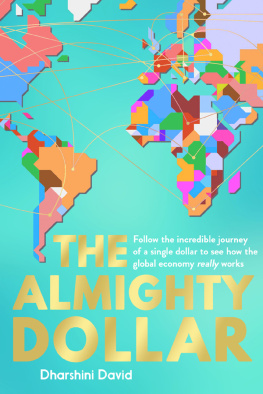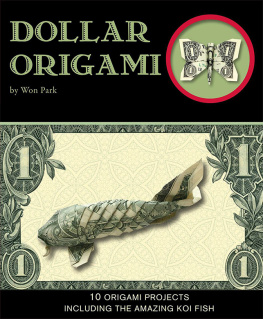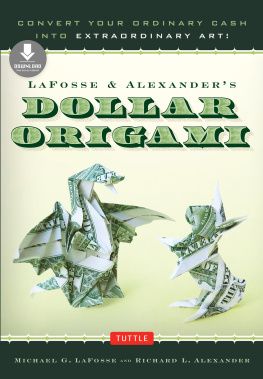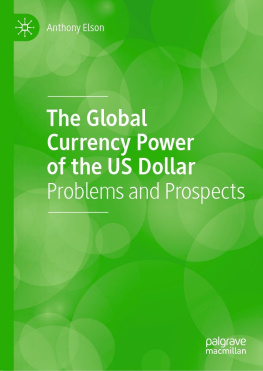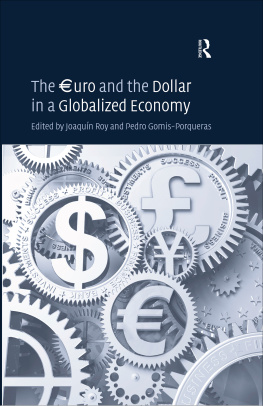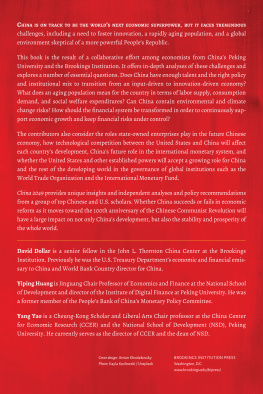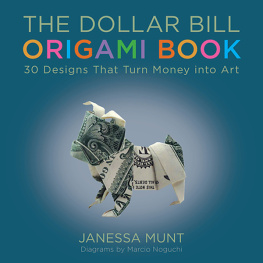Contents
Guide
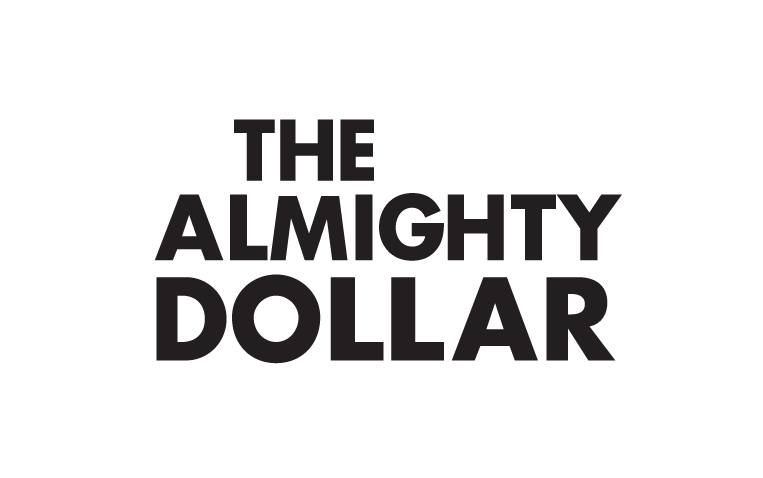

For Sophia & Livia
Contents
Introduction
H ave you ever wondered why we can afford to buy far more clothes than our grandparents ever could but are less likely to own a home in which to keep them all? Why your petrol bill can double in a matter of months, but never falls as fast? Why our governments ignore some atrocities around the world, but dont hesitate to wade into other conflicts?
Reading the news these days might lead you to wonder whether any of us can really afford to get old any more, or whether there can ever be enough jobs to go round in a time of mass migration.
Behind all of this lies economics. These days its a dirty word, especially since the crash of 2008. Its become shorthand for a baffling system in which many of us have lost faith. Economists the financial weather forecasters have suffered a bad press. They failed to see the storm coming, and when it hit they couldnt work out what needed to be done to repair the damage. Those pulling the strings the politicians, the faceless corporations often seem either clueless or, worse, full of dark intent.
Economics is sometimes called the dismal science, but it could also be the distant science. The World Economic Forum holds its annual invitation-only gathering of top business and government leaders in Davos, a remote town in the Swiss Alps. The delegates jet in from all over, with the odd Hollywood actor such as Angelina Jolie or Leonardo DiCaprio roped in to add a little stardust. The term Davos man (and theyre still predominantly men) has become slang for a member of the global elite. Its their conversations held in conference halls, in corridors or over drinks that underpin the decisions that control all our fates.
The chances of most of us receiving an invitation to Davos are slim but, even if we arent in the room, we can still understand those conversations and we do need to understand them. The Davos men might be pulling the strings but knowing how the system works can give us all a little more power. We can exert that power not only by choosing the politicians we vote for, but also through the tiny decisions that we all make every day, wherever we are in the world.
It was a desire to tell people about the strange world of economics, and its implications for us all, that led me to swap a career on a City trading floor for a newsroom. (On a personal level, thats perhaps not the most rational economic decision.) Now, with the fallout of the financial crisis still clouding the picture, I wanted to provide a clearer view of how economic forces shape the world we live in. And so this book was born.

Meet Dennis Grainger. Dont let his mild-mannered appearance fool you: greying, eloquent and smartly turned out, Dennis looks and sounds every inch a retired bank manager from the north-east of England. To look at him you wouldnt guess that hes spent over a decade waging a bitter war on the murky world of finance.
In 1998 Dennis landed a new job at the Sunderland office of British bank Northern Rock. Planning diligently for his future, he saved every penny, hoping to retire within a decade. He didnt qualify for a company pension, so instead he bought shares in his employers business: for a local lad, what could be safer than a solid local bank? From humble origins in the nineteenth century, Northern Rock had grown to become a national provider of savings accounts and mortgages to millions in the UK. It was trusted; it was part of the establishment.
Denniss wife might have been concerned when the price of the banks shares dipped somewhat in 2007, threatening their retirement plans, but Dennis remained confident. That trust was betrayed on 14 September, when Northern Rock admitted it was running low on funds and had to seek an emergency bailout from the Bank of England. Panic ensued. Savers rushed to its seventy-two branches to rescue their life savings. Queues wrapped around the block; the phone lines were jammed. Politicians offered reassurances about the future of the bank, but the queues just kept getting longer, including at a branch just yards from the Bank of England. The first run on a British bank in 150 years was under way. It was an unbelievable sight in the worlds financial capital. Behind the scenes, embarrassed politicians and bankers feverishly explored rescue options for what they surreally called Project Elvis.
Within months, the government had taken over the bank, and Denniss shares, once worth more than 110,000, were worthless. Hed done what too few of us manage to do: hed saved diligently to provide for his future. But it was all for nothing.
Northern Rock has now become synonymous with the financial crash of 2008 that taught us to expect the unexpected. From the first early signs, most people didnt recognise that disaster was coming and on an unprecedented global scale. When the crisis imploded, prudent Dennis was among those paying a steep price for the misbehaviour of others, and he continues to fight for compensation from the UK government. Its not just for him; hes spearheaded a campaign on behalf of many former shareholders. A world away from the fat cats pilloried in the press in the wake of the crisis, many of those seeking compensation are the widows or children of former employees who thought Northern Rock was as safe as the houses it financed.
Who is to blame for such a catastrophe? The UK government is the first port of call for redress, but the blame for the crisis that claimed these ordinary peoples savings may lie further afield. We might look to the bankers who sidestepped the rules and were relying on dubious funds to bolster their profits. Or we might look to those lenders who approved loans to American consumers who couldnt afford to pay them back. We might wonder how the actions of individuals have contributed to something so vast, and so seemingly out of anyones control.
To understand fully what happened to Dennis and the millions of others whose prosperity was dented in 2008, we need to look at how the global economy works.
The world as we know it is becoming both smaller and more complex. Seven billion of us live and work on this earth, and we are all vying for the same items in limited supply: food or oil or even smartphones. Its an increasingly interconnected system in which a word from a banker in Washington or Berlin can lead to pensioners in Greece going hungry, or a young man leaving his family to trek across sub-Saharan Africa in search of a better life. This shrinking of the world, or globalisation, often seems like a vast impersonal force, one that works in favour of some but deals harshly with others. And, it seems, we cant escape it.
Eight time zones away in Beijing, Wang Jianlins experience has been very different from that of Dennis Grainger. Born in Sichuan province in 1954, Wang Jianlin followed his father into the Peoples Liberation Army, but that family tradition wasnt enough to satisfy him. Instead, within a few decades, he became a property mogul worth billions of dollars, and has gone on to amass a global portfolio including the worlds largest movie-theatre chain and priceless Picassos. Not many former Chinese border guards get compared to a James Bond villain, but this erstwhile communist foot soldier has an empire that Blofeld would envy. Wang spent his fortune on Odeon and AMC theatres, enabling Europeans and Americans to enjoy the Hollywood blockbusters that were banned in China. He spent $45 million on a 20 per cent stake in the leading Spanish football club Atltico Madrid, when 1,000 would have bought him a season ticket. It was his purchase of the yacht supplier to the Bond films that led to press comparisons with Flemings evil super-tycoons. The

